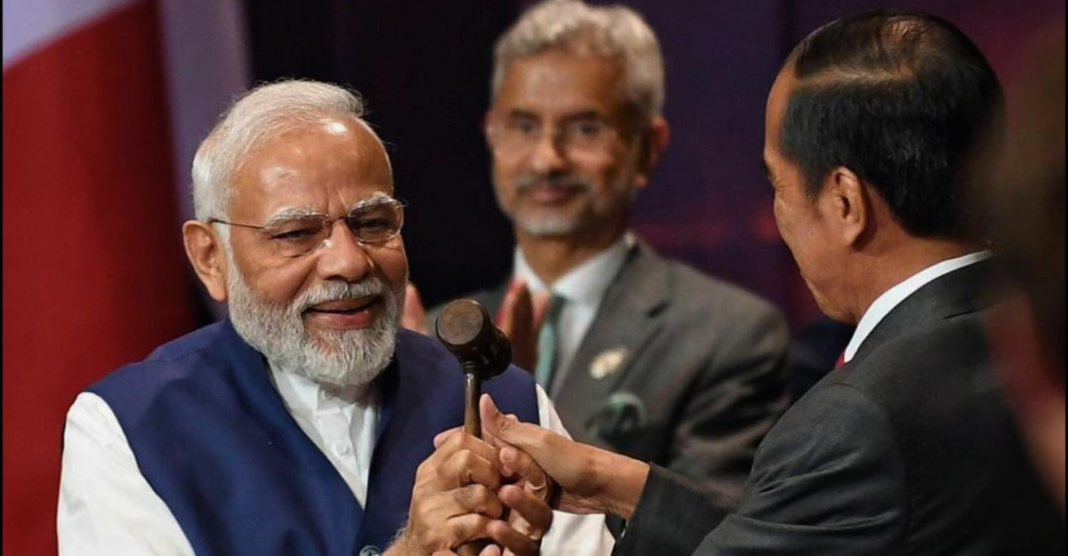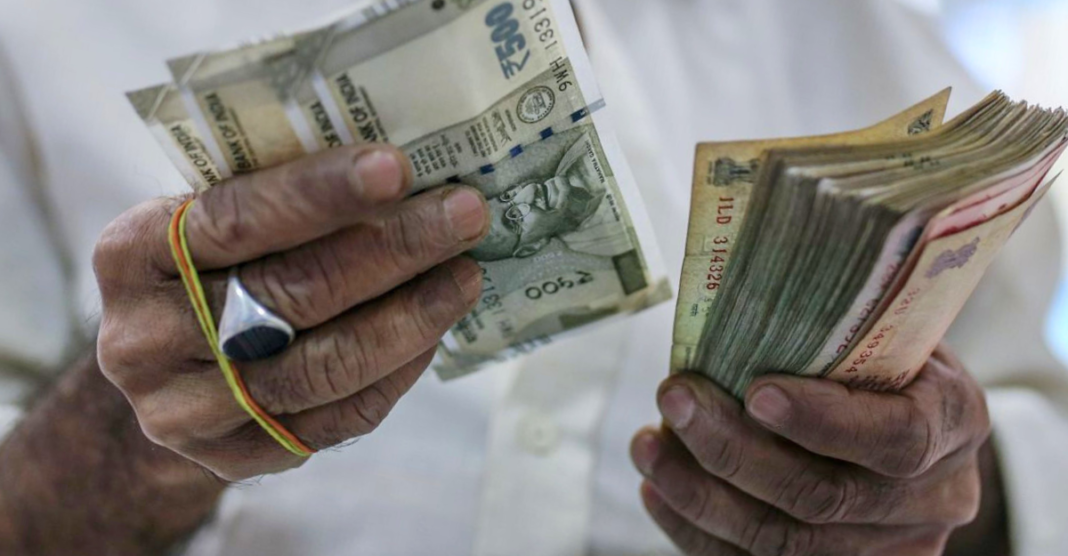Prime Minister Narendra Modi invited 125 mostly developing nations to a virtual gathering in January. This indicated New Delhi’s commitment to be their advocate on the international scene. This was done before India hosted the G20 summit of leading economies.
PM Modi stated that developing countries could address significant issues better, such as the COVID-19 pandemic, climate change, terrorism, and the war in Ukraine. He believed this could be achieved by giving them a larger role in the new global order as leaders logged onto Zoom.
“The world is in a state of crisis,” Modi declared. “Most of the global challenges have not been created by the Global South. But they affect us more.”
India has vowed to amplify the voice of the Global South, a group of primarily developing nations from Asia, Africa, the Middle East, Latin America, Oceania, and the Caribbean. Many of these nations were once colonial powers.
This week, international leaders are arriving in New Delhi for the G20 meeting, which starts on Saturday. This will put India’s promise to the test. However, India has also positioned itself as a rising global power, mediating between the West and Russia and acting as a bridge to the developing world.
According to Milan Vaishnav, director of the South Asia Programme at the Carnegie Endowment for International Peace, India will need to pull off a “diplomatic high-wire act” to manage conflicts between the various political blocs about Russia’s conflict in Ukraine.
Russia and China have vetoed wording on the conflict that they once agreed to during last year’s summit in Indonesia when the summit statement highlighted that “most members strongly condemned” the invasion. As a result, none of the numerous G20 meetings this year have resulted in a communique.
According to John Kirton, the director and founder of the G20 Research Group, if leaders don’t resolve this impasse over the weekend, it could lead to the summit ending without a communique. This would mark the first time in the group’s history, representing a significant historic defeat for the organization.
Vladimir Putin of Russia and Xi Jinping of China will not be in attendance. Both parties are sending delegates.
Modi faces a challenging diplomatic situation due to New Delhi’s longstanding links to Moscow. This is coupled with its growing relationship with the West and its animosity towards Beijing over a protracted border conflict.
For decades, India has relied on its Cold War partner, Russia, for military hardware. More recently, India has depended on Russia for unprecedented supplies of inexpensive oil. India has avoided publicly denouncing Russia over the conflict. Instead, the West and its allies have actively sought India’s support in countering China’s expanding aspirations.
U.S. President Joe Biden recently accorded special treatment to Modi as the two of them inked several agreements. Additionally, Modi was recently invited to the G7 conference and was honored as a guest at France’s Bastille Day parade.
“Is Prime Minister Modi as skilled and as committed as President Widodo of Indonesia was last year to find a way to produce a communique? That’s more of an open question given the progress of Russia’s war against Ukraine,” according to Kirton.
India’s focus has been on addressing concerns affecting developing nations. These concerns include food and fuel insecurity, rising inflation, growing debt, and the reform of international development banks. This emphasis comes as the disagreement over Ukraine casts a shadow over the G20. Modi has also suggested that the African Union join the G20 as a permanent member to broaden its appeal.
Happymon Jacob, founder of the New Delhi-based Council for Strategic and Defence Research, noted that many G20 nations prioritize criticizing Russia. However, he believes the Ukraine crisis is not as significant to developing countries as local conflicts and severe weather disasters.
“There’s a feeling (in the Global South) that conflicts in other parts of the world, be it Afghanistan, Myanmar or Africa, are not taken as seriously by developed countries or in forums like the G20,” Jacob added.
According to a March survey by the Economist Intelligence Unit, the number of nations actively denouncing Russia dropped from 131 to 122. This suggests growing support for Moscow from the developing world.
“Some emerging economies have shifted to a neutral position,” the report said.
According to the report, there are now 35 nations that have a pro-Russian slant, up from 29 the previous year. This alliance had expanded to include South Africa, Mali, and Burkina Faso, demonstrating Moscow’s expanding sway over the continent. China continued to be the most noticeable of the nations with a pro-Russian stance.
As India’s economy develops, Western nations welcome it. However, India also views itself as a counterweight to China in the race for influence in the developing world, where it has long-standing relations, according to Jacob.
Since Jawaharlal Nehru, India’s first prime minister, the statement “India identifies with the Global South” has been used repeatedly. However, Modi has recently increased the focus on the phrase.
“India’s trying to ensure that the Global South doesn’t go into the Chinese camp,” according to Jacob.
India, according to Vaishnav, is in “a geopolitical sweet spot.” As the West matures, it boasts one of the largest working-age populations. Additionally, it has one of the fastest-growing economies among major nations. Furthermore, its neutral stance on the Ukraine crisis has bolstered its diplomatic influence at the G20. In front of a pivotal general election next year, Modi’s popularity may benefit from the limelight on the world stage.
According to Vaishnav, Modi has so far encouraged the idea that “given the geopolitical landscape, the world needs India as much – if not more – than India needs the world.”



